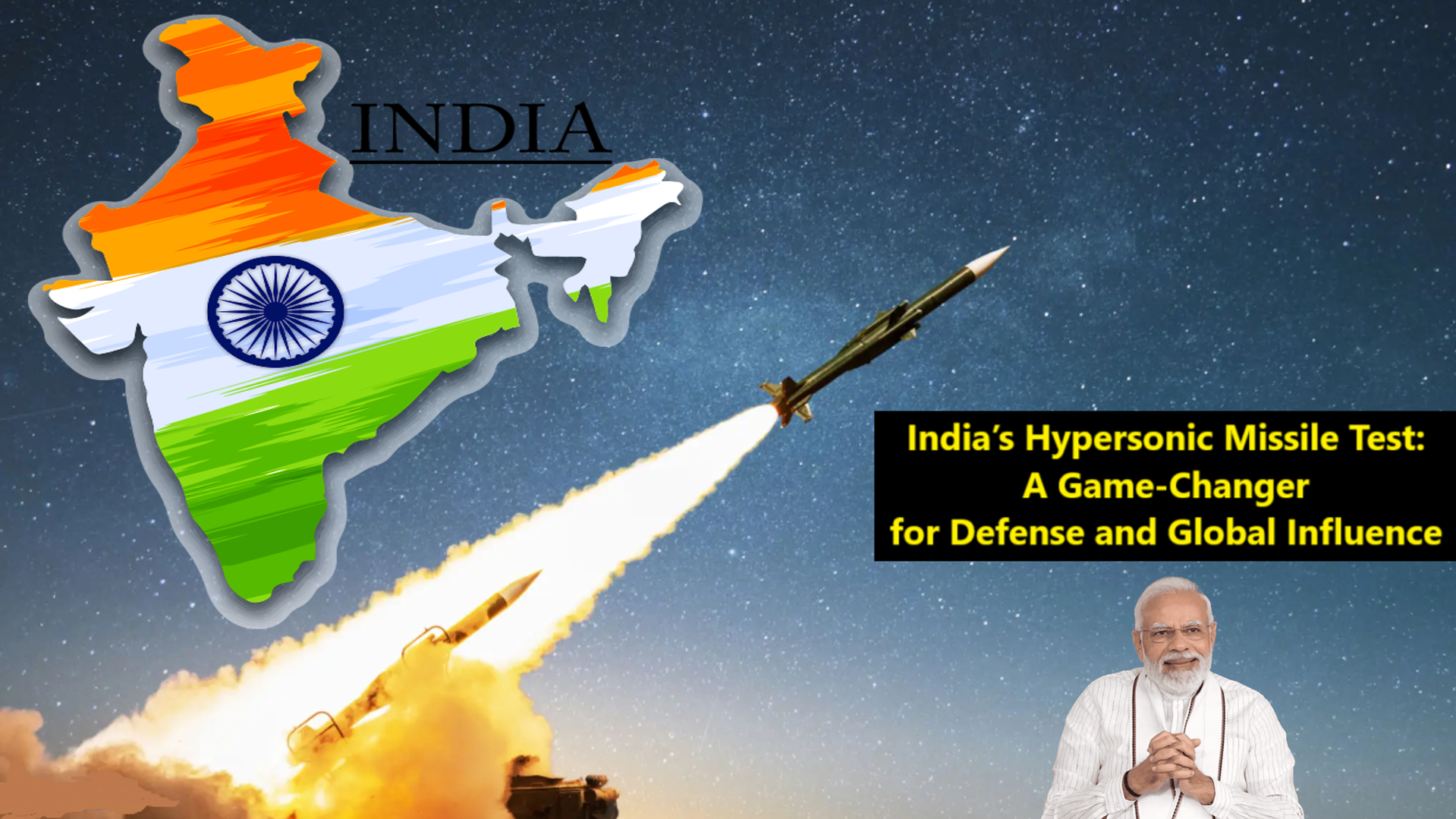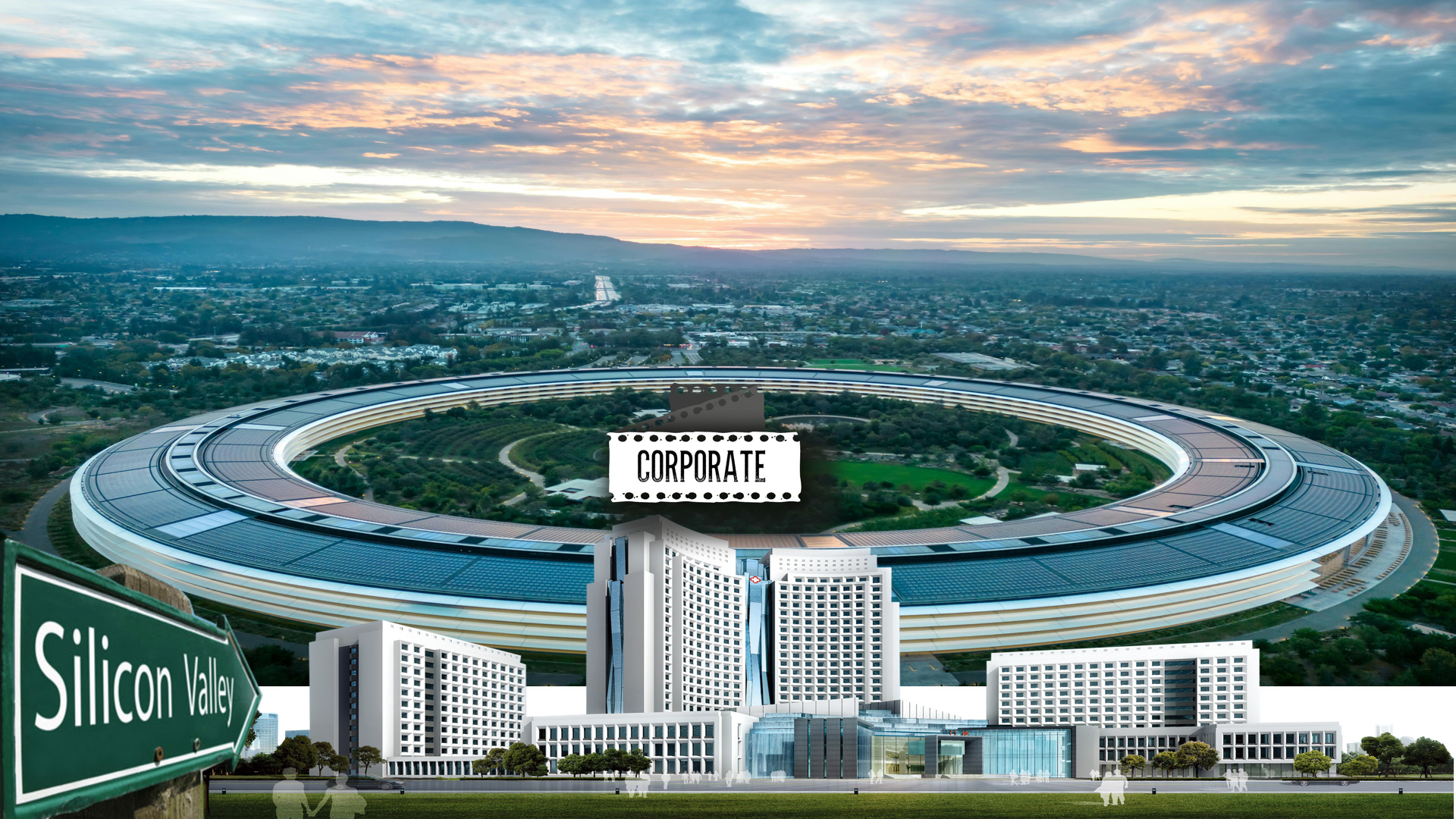Breaking Barriers: India’s Hypersonic Missile Test Reinforces Its Military Might | (Sat 16 Nov 2024 19:04)

India's successful test of its first long-range hypersonic missile flight-travel on November 16, 2024, marks a significant achievement in the country's defense capabilities. The successful trial, conducted at Dr. APJ Abdul Kalam Island in Odisha, positions India among the exclusive group of nations possessing hypersonic weaponry, a technology that promises to reshape global military power dynamics. But beyond the technological triumph, this milestone highlights India’s growing strength in the defense sector and its increasing influence on the global stage.
A Giant Leap for Indian Defense Technology
The missile, developed by the Defence Research and Development Organisation (DRDO), reached speeds greater than Mach 5 (around 6,174 km/h), making it five times faster than the speed of sound. With a range of over 1,500 kilometers, the missile can target both moving sea vessels and stationary land targets, providing India with a versatile and formidable weapon. The ability to strike such distant targets, particularly moving ones at sea, is a remarkable tactical advantage that enhances India's strategic military capabilities.
What makes this development even more notable is the highly advanced nature of hypersonic technology itself. Hypersonic missiles, traveling at speeds beyond Mach 5, are notoriously difficult to intercept due to their speed, maneuverability, and unpredictable flight paths. Their deployment offers an edge in both offensive and defensive capabilities. Countries with hypersonic technology, such as Russia and China, already enjoy significant military advantages, and now India is joining this elite group, ensuring that it remains competitive on the global defense stage.
India’s Strategic Position in Global Military Power
While India has made significant progress in various areas of defense, including ballistic missiles and nuclear weapons, the successful trial of a hypersonic missile takes its capabilities to a whole new level. This achievement is not just about technological superiority; it also reinforces India's position as a regional and global military power.
India’s defense advancements come at a time when tensions in the Indo-Pacific and border disputes with neighbors such as China remain prevalent. As geopolitical tensions continue to rise, particularly in the South Asian region, India's missile capabilities provide a necessary deterrent. Hypersonic weapons, due to their speed and agility, complicate the defense calculations of adversaries and increase the unpredictability of military engagements.
By developing this missile indigenously, India also demonstrates the strength of its domestic defense sector. The DRDO’s role in the development underscores the country's growing self-reliance in defense technology, a goal that has been central to India's defense policy in recent years. The successful test serves as a testament to the country's innovation, investment in research and development, and commitment to enhancing its military autonomy.
A Wake-Up Call for the World and United Nations ?
The global defense landscape is witnessing a new arms race, with hypersonic missile technology at the forefront. Countries like Russia and China have long been ahead in this domain, but the United States, along with several European and Asian countries, is also accelerating its hypersonic missile programs. Nations like France, Germany, Japan, Australia, Iran, and Israel are now investing heavily in these cutting-edge weapons. India, a peace loving country was forced to develop one, because India’s defense arch rival China had done it.
India’s entry into this exclusive club of hypersonic missile-capable nations should not be a much wake-up call for the international community as India is not hawkish land-grabbing-mafia expansionist nation. However, as countries with hypersonic capabilities continue to expand their arsenals, there is a pressing need for global arms control measures to address the potential risks these weapons pose. While hypersonic missiles offer strategic advantages, they also create new challenges in terms of defense readiness, crisis management, and the risk of escalating conflicts. Its appalling to see sapiens developing destructing mechanism for themselves & rest of the world.
Also with this achievement, India’s role in multilateral defense discussions, particularly within the framework of the United Nations and global arms control treaties, is likely to evolve and play much bigger role. India’s growing military capabilities will give it a stronger voice in these forums, especially when it comes to issues of regional security and arms regulation.
Looking Ahead: The Future of India’s Defense
The successful hypersonic missile test is just the beginning of India’s ambitions in advanced defense technology. As the world continues to face unpredictable security challenges, hypersonic weapons will likely become a key part of India's strategic defense doctrine. The next steps will include refining the missile’s capabilities, improving its accuracy and reliability, and expanding its range to include global targets.
But the implications of this success extend far beyond military hardware. India’s defense advancements also signify a broader shift in the country’s global influence. With a growing economy, a strong defense sector, and increasing diplomatic clout, India is asserting itself as a key player in global geopolitics. As it continues to enhance its defense capabilities, it will likely play an even more prominent role in shaping regional stability and international security arrangements.
The Conclusion
In conclusion, India’s hypersonic missile test is a monumental achievement that underscores the country’s growing defense power and technological prowess. It enhances India’s strategic position in a world increasingly defined by advanced military technologies and shifting geopolitical dynamics. As the country continues to develop its defense capabilities, it will undoubtedly strengthen its role as a leading global power, ready to navigate the complexities of a rapidly changing world order.

Physics, Chemistry, Biology and Geography.

Computer Programming, languages & their frameworks.

Economics, Accounts and Management.

Reviewing old and new books.

Ancient, Medieval, Modern, World History.

Indian Constitution, Politics, Policies, etc.

Everything related to International Affairs.

For all humanities topics, except History & Polity.

Anything related to entertainment industry.

Mainly Cricket but other sports too.

CS, IT, Services & Corporate Sector.
Comments
No comments yet. Be the first to comment!
Leave a Comment